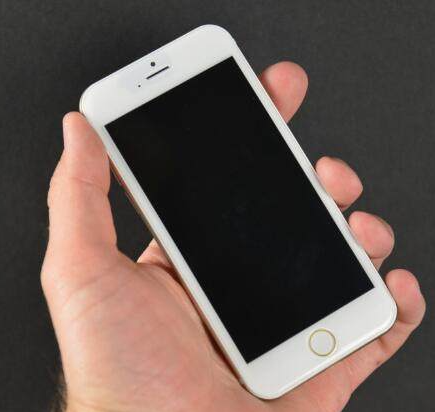
They always turn off their phone before entering the house. You noticed it months ago, a ritual as precise as it was peculiar. The car would pull into the driveway, the engine would cut, and there would be a thirty-second pause. Then, the front door would open. It was in that silent interval, you eventually realized, that the phone was powered down. You’d hear the faint chime of it rebooting later, usually after dinner.
At first, you thought it was about work. A noble effort to leave the stresses of the office at the door. You appreciated it. But then you saw them do it on a Saturday after a trip to the grocery store. And on a Sunday evening after visiting a friend. It wasn’t about work. It was about the threshold of your home.
Your mind, that skilled architect of narratives, began building a case. What needed to be so completely silenced? Was it a person? Were they receiving messages they didn’t want you to see or hear? The action felt less like a digital detox and more like a digital burial. Each power-down felt like the closing of a secret door just before they walked through your very real one.
You concocted a plan. One evening, you pretended to be napping on the sofa near the entrance. You heard the car, the pause, and then the door opened. As they stepped inside, their face softened, the day’s tensions visibly draining away. They placed the powered-off phone in the basket on the entryway table and walked toward the kitchen. It was your only chance.
With a thief’s heart, you grabbed the phone and slipped into the half-bathroom, locking the door. You turned it on. Your hands were shaking. This was a profound violation, you knew, but the fear of a deeper violation propelled you. The phone finished its start-up sequence. No password. They’d never felt the need for one with you.
You opened the messaging app, expecting to find a hidden thread, a name you didn’t recognize. Instead, you found your own name. At the top of the list. You clicked on it.
And you started to read.
The messages were all one-sided. They were all from them. To you.
“Driving home now. Can’t wait to see her. Hope her day was better than mine.”
“Saw the most beautiful cardinal in a tree. Reminded me of the story she told about her grandfather. I’ll ask her about it again tonight.”
“Meeting ran long. Feeling frustrated and drained. Need to leave that energy in the car. Don’t want to bring this mood to her.”
“Remember to ask her about the book she’s reading. Listen this time. Don’t just wait to talk.”
You scrolled back through weeks, then months. A digital diary of their love for you, their reflections on your life, their conscious, deliberate efforts to be a better partner. The powering down of the phone wasn’t to hide a conversation from you. It was to end the most important conversation they were having about you. It was the final act of preparation before they walked in, a ritual to clear the mental cache of the day’s irritations and focus their entire attention on the life you shared.
The locked door wasn’t to keep you out of their secret life. The ritual was to ensure they didn’t bring a secret version of themselves—the stressed, the distracted, the impatient version—in to you.
They always turn off their phone before entering the house because that is the moment they choose you, and only you. It is a modern-day sacrament. They are silencing the noise of the world to be fully present in the sanctuary of your shared life. The action you misread as a sign of deception was, in fact, the purest expression of their devotion. You quietly left the bathroom, placed the phone back in the basket, and felt a love more secure than you had ever known. The greatest secret they were keeping was the depth of their own intentional love.